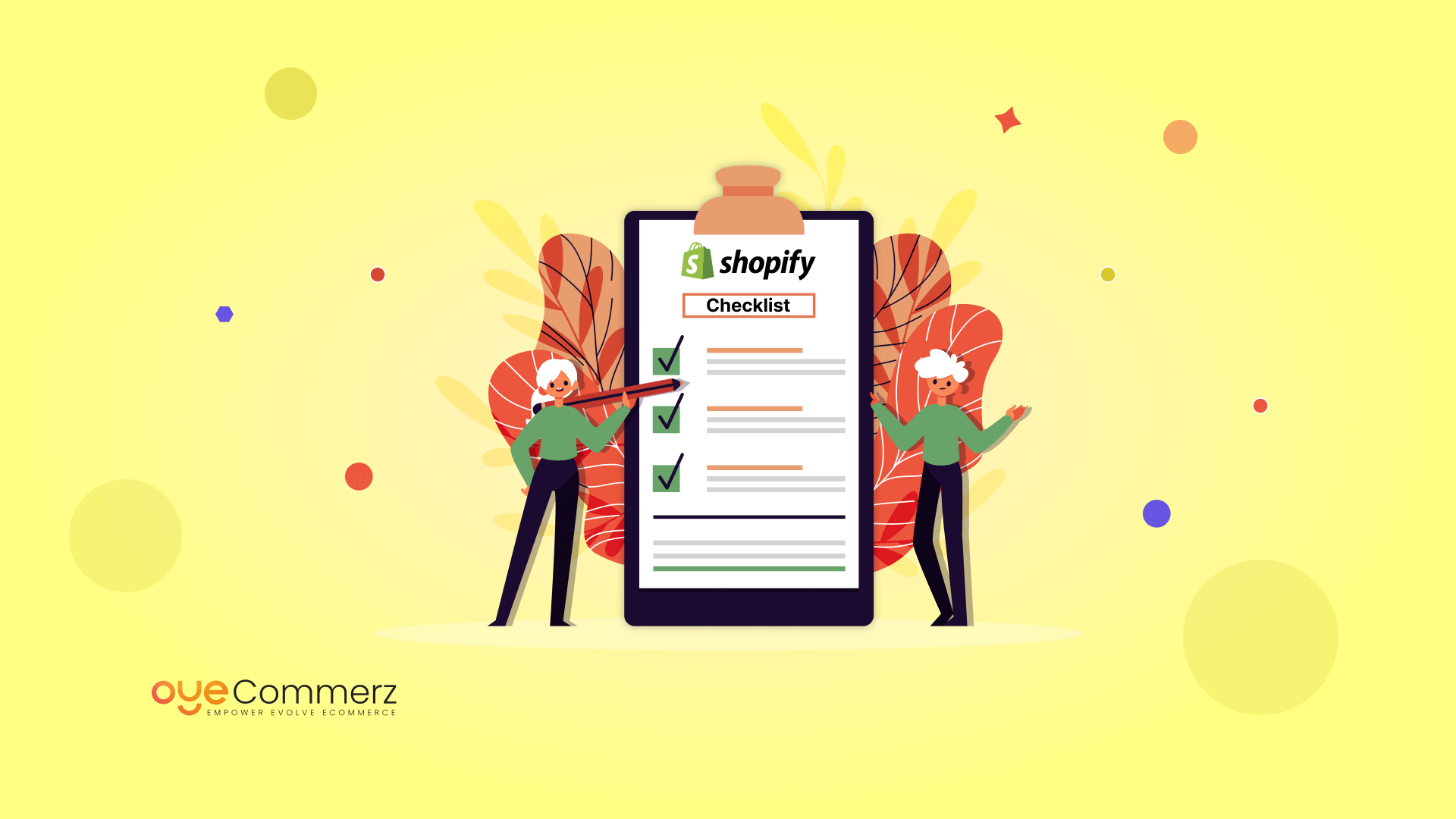Introduction
In today’s competitive e-commerce environment, standing out is paramount, and a top method to set apart a Shopify store is through custom app creation. A robust Shopify app can enhance store capabilities, streamline operations, and elevate customer engagement. This guide delves into key aspects of Shopify app development, covering API integration and app ecosystem to growth techniques and promotion methods, offering a roadmap for businesses seeking superior store efficiency.
The Importance of Shopify API Integration
Shopify’s API offers robust tools to personalize and extend store functionalities. With the GraphQL and REST API options, developers can retrieve information to build applications that manage inventory control, order handling, and customer information management seamlessly. Integrating Shopify’s API can lead to better workflow automation and allows stores to assist shoppers more effectively.
Utilizing the Polaris Design System
Polaris is Shopify's set of design guidelines for creating user-friendly and accessible Shopify apps. By following Polaris principles, developers guarantee that apps integrate smoothly within the Shopify Admin experience. This provides a cohesive look and feel that appeals to Shopify merchants, promoting ease of use and comfort for merchants utilizing your custom app.
Understanding the Shopify App Ecosystem
The Shopify app ecosystem provides numerous opportunities for enhancing online stores. From managing fulfillment processes to boosting customer interaction, apps in this environment are designed to meet various business requirements. Familiarizing with this system assists developers in identifying unique app ideas and allows for smooth connections of external tools that enhance the store.
Building Embedded Shopify Apps
Embedded apps work seamlessly within the Shopify Admin, allowing a seamless experience for merchants. They allow merchants do not need to leave their Shopify control panel, streamlining their workflow. Using Shopify App Bridge and embedded app features is a best practice for providing a unified, well-integrated user environment.
Using Node.js and React for Shopify Apps
Node.js and React have become top options for Shopify app development. This server-side framework enables efficient back-end services, while React allows for interactive and adaptive front-end design. Together, they offer an excellent platform for building fast, growth-ready Shopify apps that enhance store functionality and customer engagement.
Webhooks in Shopify Apps
Webhooks allow real-time data synchronization between Shopify and an outside application. They trigger events such as order creation or stock changes and provide immediate notifications to your app. By utilizing webhooks, apps can provide up-to-date information to store owners, streamlining workflows and increasing efficiency.
Engaging Customers Through Digital Marketing for Shopify Apps
To ensure Shopify app Learn more about Shopify apps success, engaging customers is key. Using digital marketing strategies like SEO, email marketing, and social outreach can drive app adoption. Additionally, designing apps with customer interaction as a focus (e.g., loyalty programs or personalized suggestions) increases user retention and satisfaction.
Making Your Shopify App Scalable
As e-commerce stores expand, so do their technology requirements. Making sure that your app can manage higher usage, larger data sets, and more complex functionalities is critical. By improving server resources and implementing scalable solutions, you can develop apps that grow in parallel to a store’s success.
Essential Features and Maintenance for Shopify Apps
For an app to be useful, it should offer essential features like user login, analytics dashboard, and customer support options. Ongoing app maintenance, including Custom app-building for Shopify updates to fix bugs and ensuring compatibility with new Shopify features, is vital to maintain continuous operation and avoid interruptions to merchant workflows.
Conclusion
Custom Shopify app development offers immense opportunities for e-commerce businesses, offering the ability to improve performance, simplify operations, and foster customer loyalty. With API integrations and Node.js to ensuring scalability and customer interaction, creating a Shopify app involves thoughtful preparation and strategic execution. If you’re ready to unlock your store’s full potential, a tailored Shopify application may be the ideal solution. What features do you see for your ideal app? Share your ideas and begin the journey to an optimized e-commerce journey!

Comments on “Enhance Your Online Store: Custom Shopify App Development to Boost Performance”